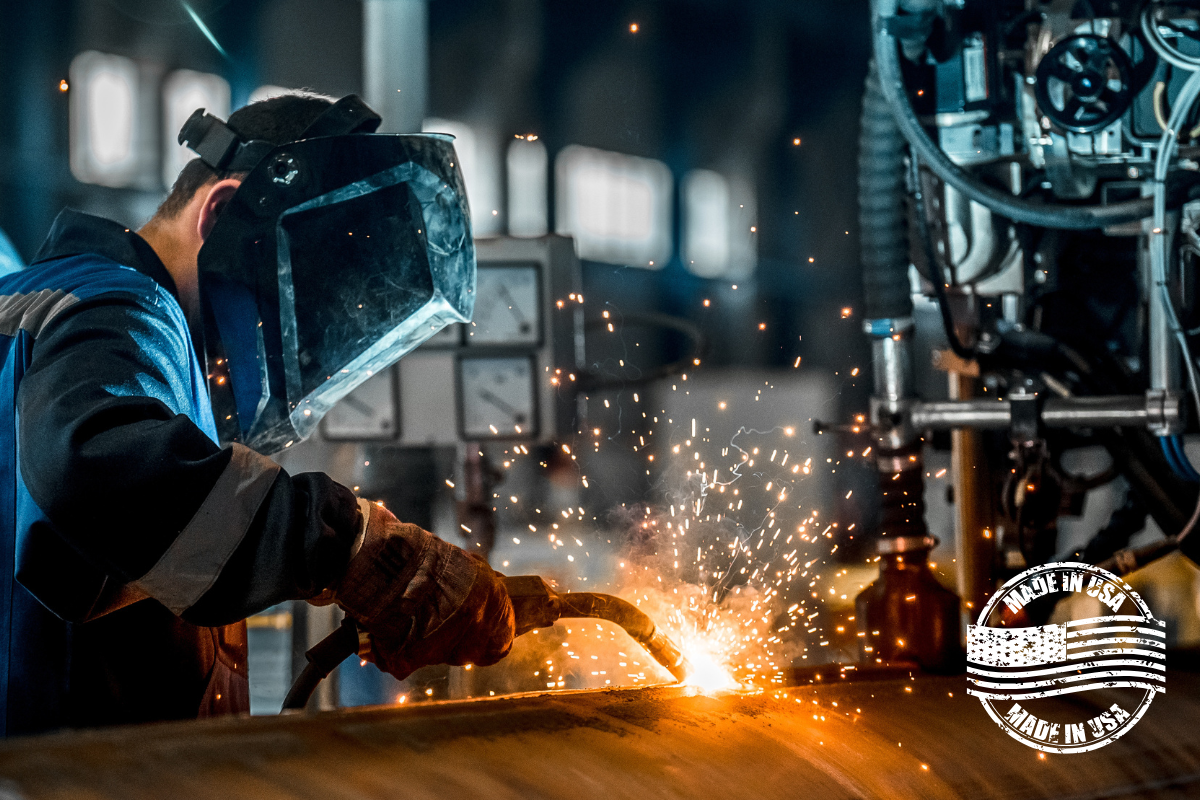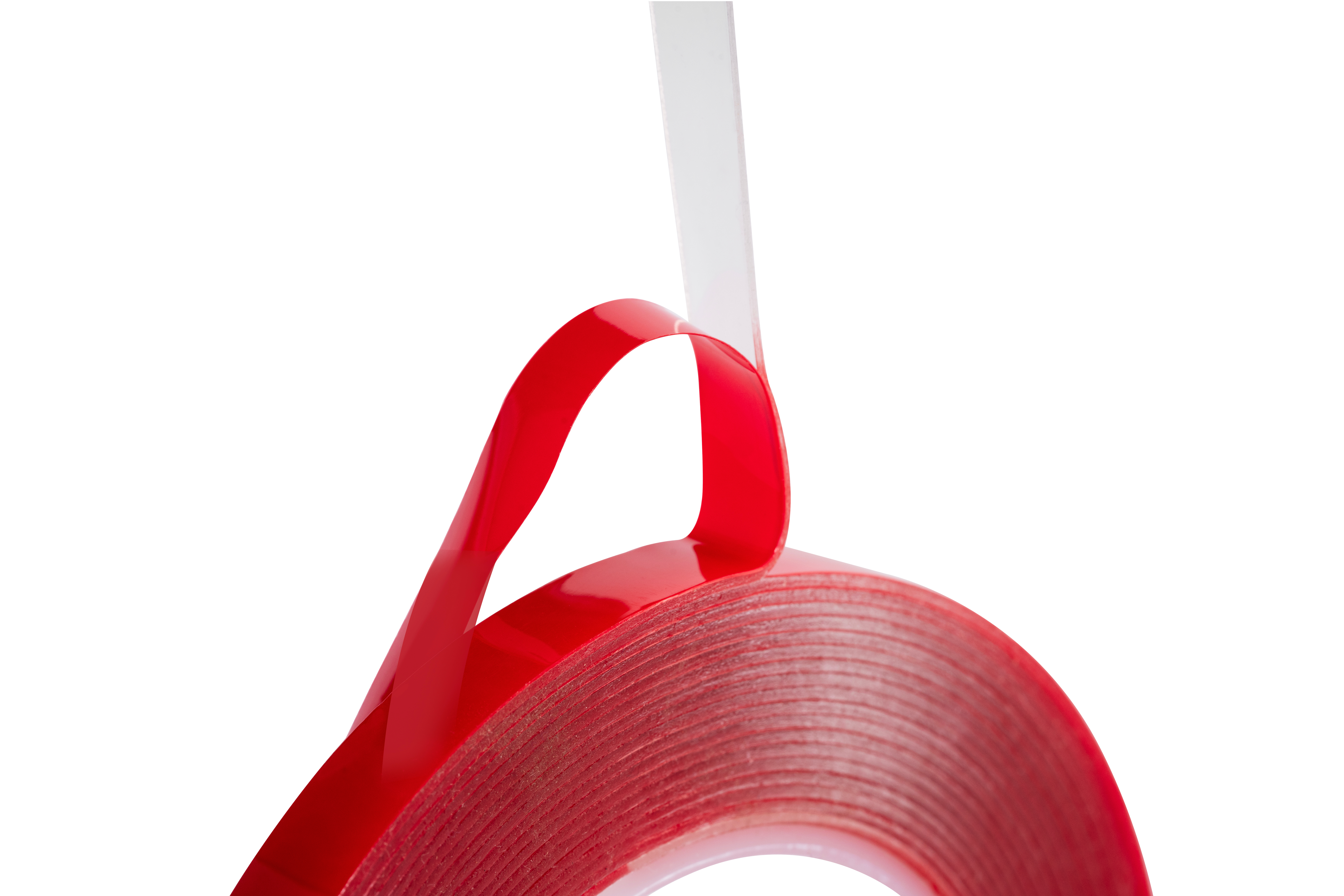Corrosion Prevention for Cargo Trucks: Protecting Your Fleet from the Elements
Corrosion is one of the most significant threats to the longevity and performance of cargo trucks. Whether you manage a large fleet or a single truck, exposure to the elements, road salts, and chemicals can lead to rust, deterioration, and costly repairs. Preventing corrosion is essential for maintaining your vehicle's appearance and ensuring structural integrity, safety, and efficiency.
In this blog post, we'll explore the importance of corrosion prevention for cargo trucks and discuss practical methods for protecting your investment from harsh road conditions.
Why Is Corrosion a Big Problem for Cargo Trucks?
With proper corrosion prevention strategies, the harsh elements that cargo trucks are constantly exposed to can protect the truck's frame, undercarriage, cargo compartments, fuel tanks, and other metal components. These elements include:
- Road Salt: Used in winter to melt ice and snow, road salt accelerates rust formation, especially on a vehicle's undercarriage.
- Moisture: Rain, snow, and ice create a prime environment for corrosion, as it can infiltrate small cracks and crevices.
- Industrial Chemicals and Pollutants: Cargo trucks often encounter chemicals or pollutants, which can contribute to corrosion over time.
- Extreme Temperature Fluctuations: can cause condensation, leading to moisture buildup and rust.

Types of Corrosion
Understanding the different types of corrosion helps to choose the right prevention strategies. The types of corrosion that most commonly and significantly impact cargo trucks include:
- Surface Corrosion:This occurs when the paint or protective coating wears off, exposing the metal underneath. This typically starts small but can spread rapidly if left untreated.
- Crevice Corrosion: Develops in hidden areas where moisture can accumulate, such as seams, joints, and under fasteners.
- Pitting Corrosion: A more severe form of corrosion that creates small holes or pits in the metal, leading to structural weakening.
- Galvanic Corrosion: Occurs when two different metals come into contact in the presence of an electrolyte (like water or salt), causing one metal to corrode faster than the other. Many cargo trucks are susceptible to galvanic corrosion in many areas.

- For more information, see our posts on:
Stop Galvanic Corrosion in its Tracks
Looking for a unique solution that stops the corrosion of metals in its tracks? Discover our patented formula, ECK by Austin Hardware®
Join Austin Hardware® and ECK® expert Rich Nay for an insightful Q&A interview
Effective Corrosion Prevention Methods for Cargo Trucks
Corrosion prevention requires a combination of protective measures, regular maintenance, and vigilant inspection. Here are some of the most effective strategies:
Apply Protective Coatings
- Protective Coatings: Applying protective coatings such as Eck Complete Corrosion Protection to the metal surfaces of your truck is one of the best ways to prevent corrosion.
- High-Quality Automotive Paint: Acts as a barrier between metal and corrosive elements. Regular touch-ups to areas where paint has chipped or worn off can prevent rust from forming.
- Undercoating: The undercarriage of cargo trucks is highly susceptible to corrosion due to exposure to road salts, moisture, and debris. Applying an undercoating (often a rubberized or wax-based material) helps seal the vulnerable underside of the vehicle and protects it from rust.
- Galvanizing: Involves coating the truck's metal parts with a zinc layer, which provides sacrificial protection. Zinc corrodes first, preventing the underlying steel from rusting. Eck Complete Corrosion Control works in this manner.
Regular Care and Maintenance
- Frequent Washing: Especially during winter, frequent washing is essential for preventing the buildup of salt, dirt, and chemicals on your cargo truck. Be sure to wash the undercarriage where road salt tends to accumulate. Additionally, a freshwater rinse using a pressure washer can be effective after driving in snowy or salty conditions to remove harmful residues. Use rust-inhibiting detergents that can help prevent corrosion during the washing process.
- Rust Inhibitors and Sealants: Using rust inhibitors and sealants can provide an extra layer of defense against corrosion. Rust inhibitors are chemicals that can be applied directly to rust-prone areas, creating a protective barrier. They are especially useful for exposed metal parts like door hinges, bumpers, and frame joints. Spray-on sealants form a protective film over the truck's surface, repelling moisture and chemicals that cause rust. They are often used in combination with undercoating.
- Proactive Inspections and Maintenance: Proactive inspections and maintenance are key to identifying corrosion in its early stages to prevent it from spreading. Pay close attention to the undercarriage, wheel wells, door panels, and any areas where water can collect or dirt can build up. Check for scratches and chips and promptly address them with touch-up paint or sealant. Even minor damage to the truck's paint or protective coating can lead to rust. Clean and lubricate all moving parts, such as hinges, latches, and fasteners, that are prone to rust due to their exposure to the elements. Regularly cleaning and lubricating these parts helps prevent corrosion and ensures smooth operation.
- Protective Liners: Cargo compartments, particularly metal ones, are vulnerable to corrosion, especially when transporting goods that may spill or create a moist environment. Protective plastic or rubber liners in cargo areas prevent moisture and chemicals from contacting metal surfaces. Scorpion protective bed liners are a great solution. Also, proper ventilation in cargo compartments should be ensured to reduce condensation and moisture buildup.
Electronic Corrosion Protection Systems
- Electronic Corrosion Protection Systems: Some truck owners invest in electronic corrosion protection systems. These systems work by emitting a small electric current through the truck's metal parts, which interrupts the electrochemical process that causes rust. While opinions on their effectiveness vary, they can offer additional protection when combined with other preventative measures.
Taking these precautions can save you from major headaches down the road, keeping your fleet running smoothly and looking great for years to come.
Conclusion
At Austin Hardware, we stock thousands of items from leading manufacturers for the cargo truck market, including corrosion-preventing chemicals. We invite you to contact your nearest Austin Hardware location to discuss how we can secure solutions for your business.









